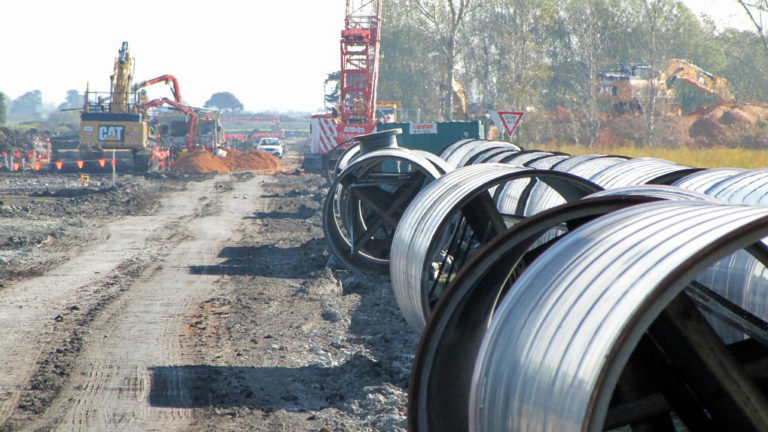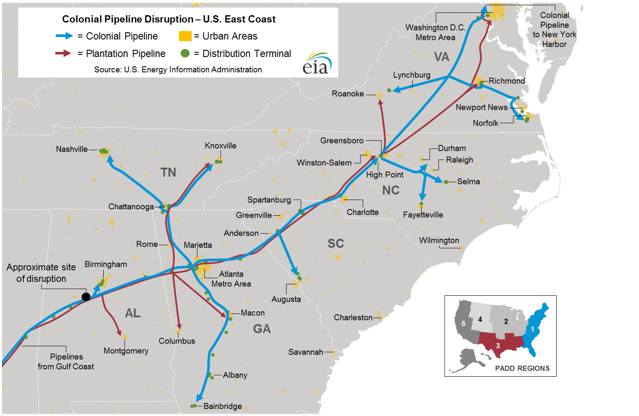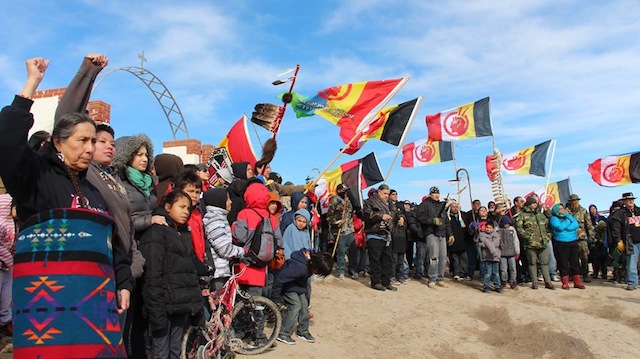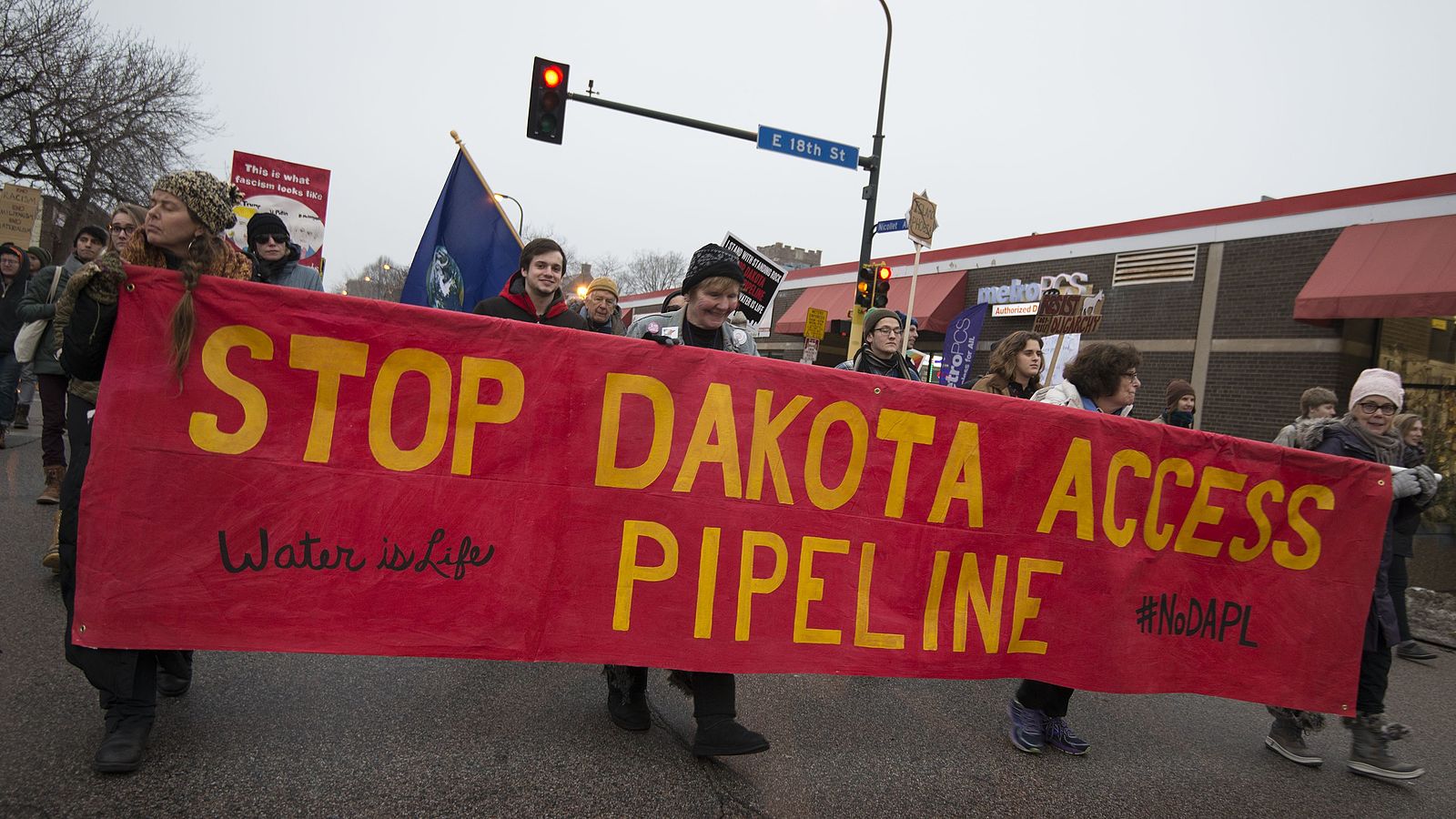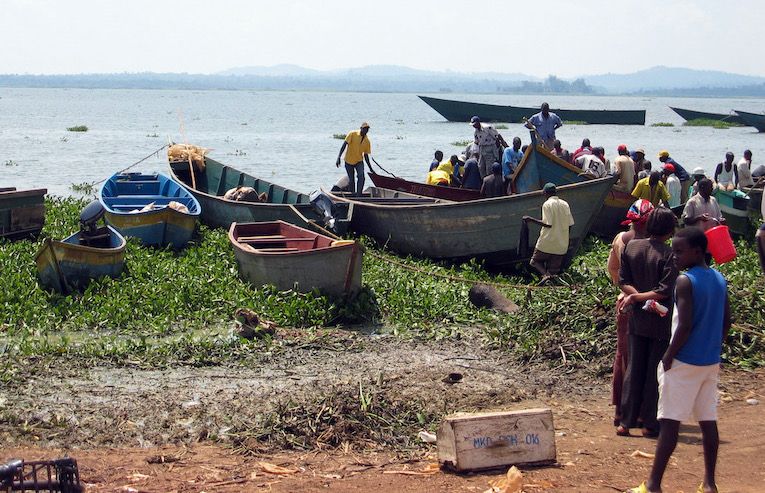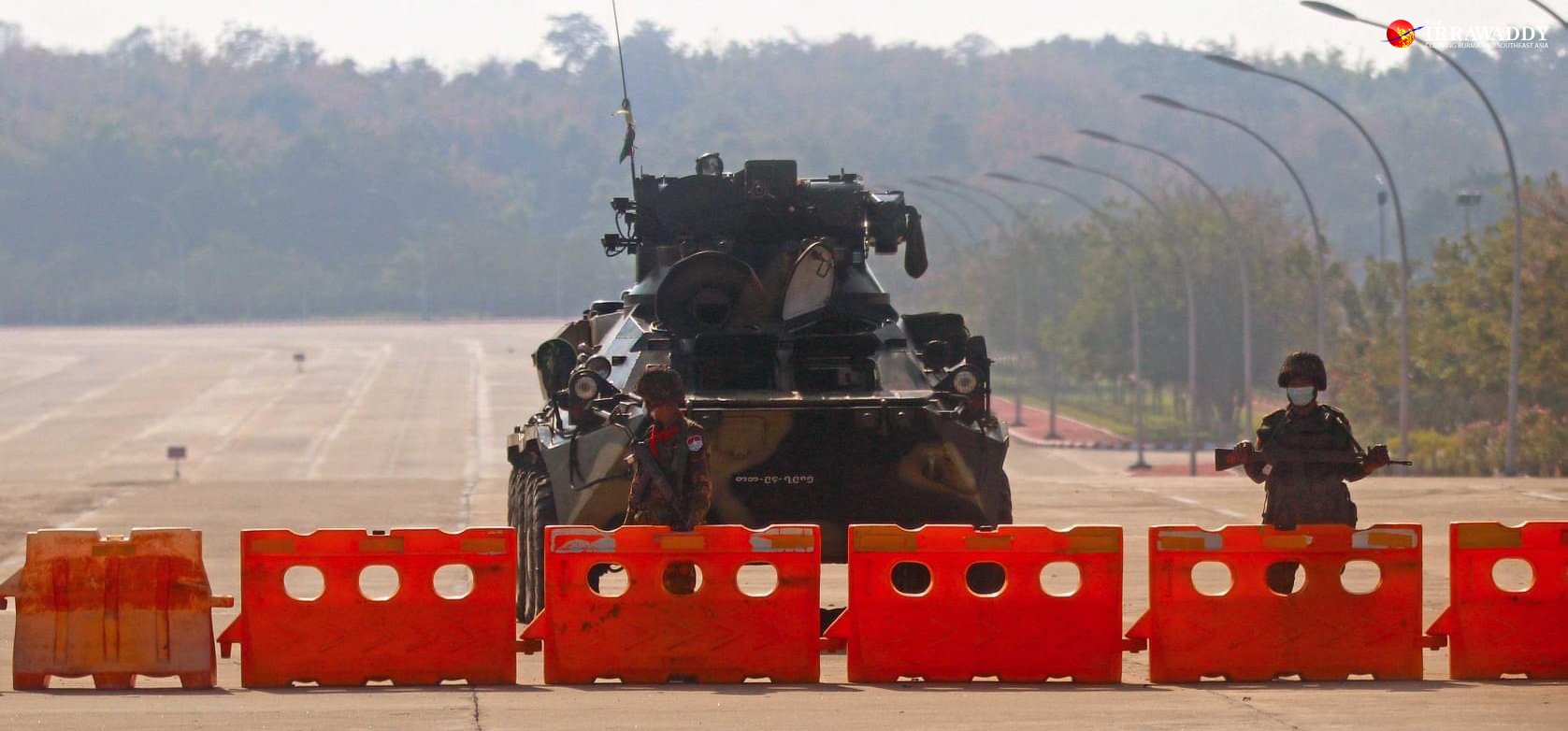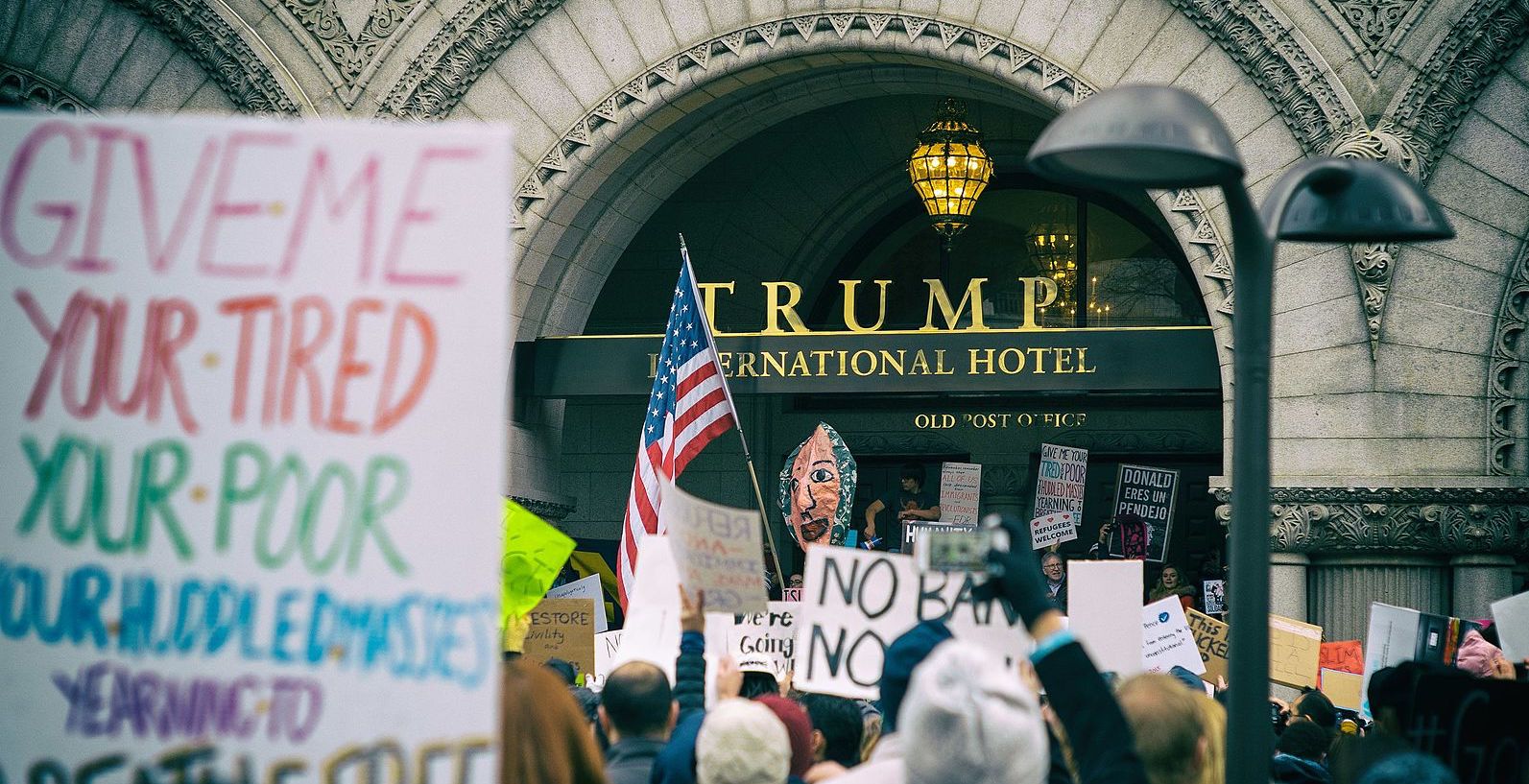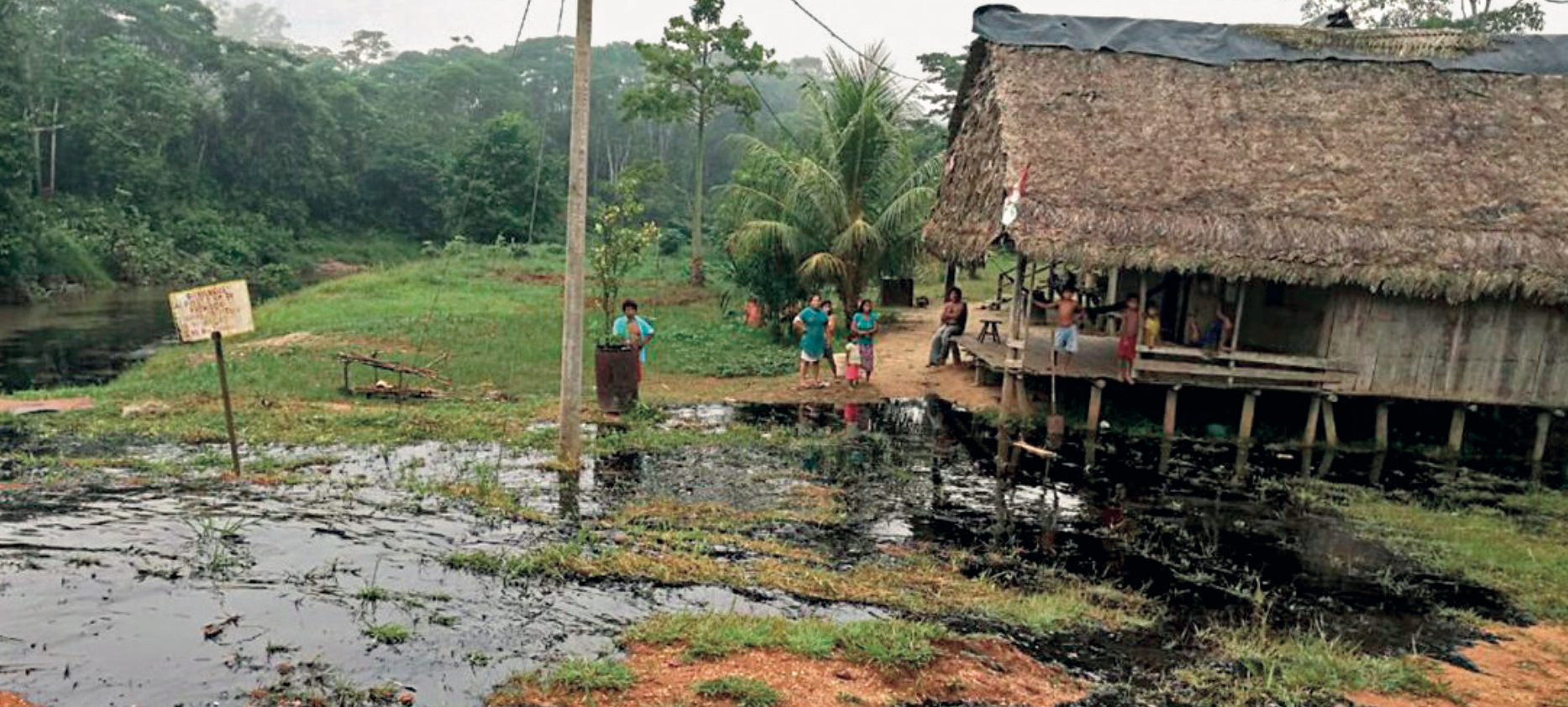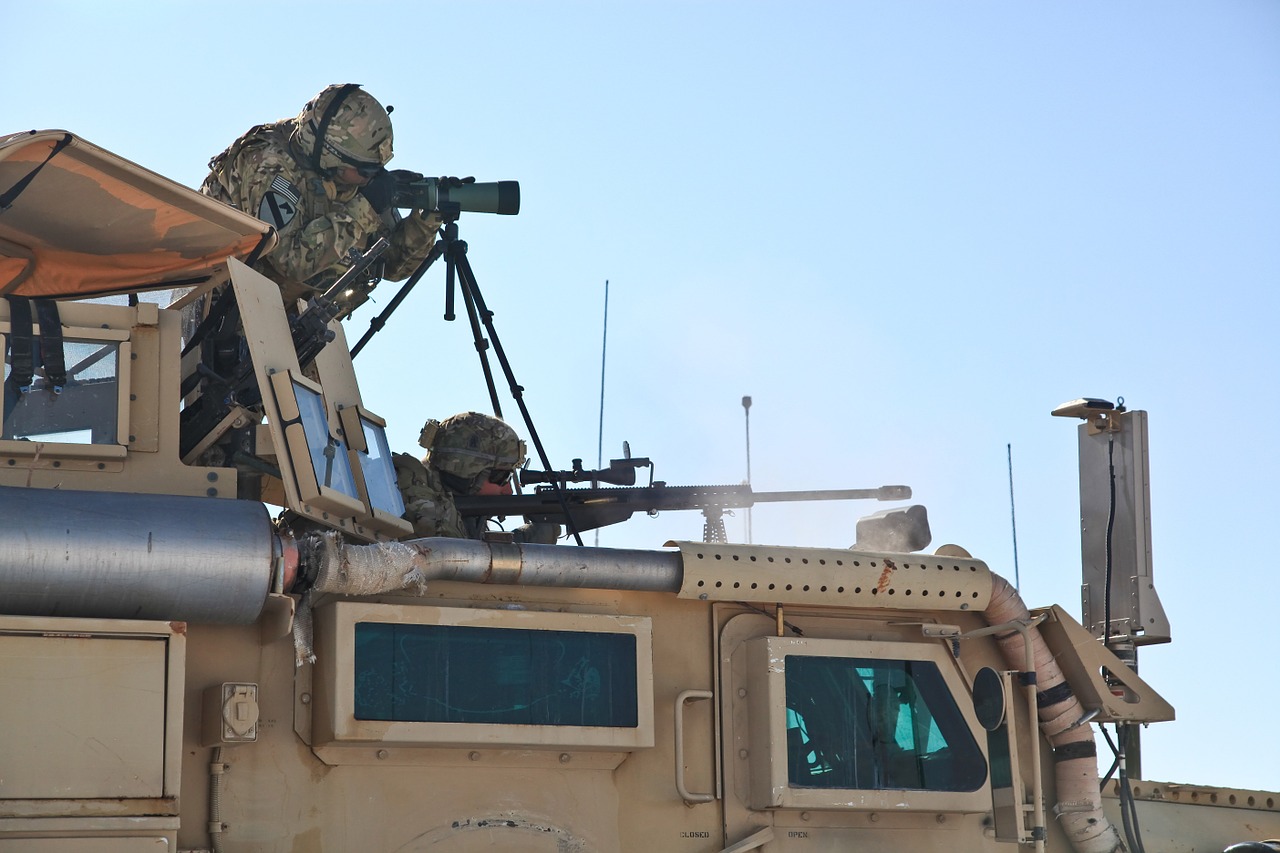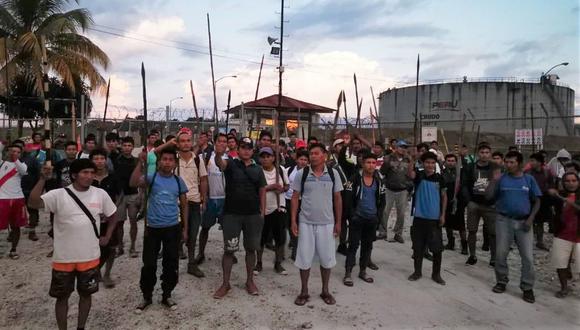
Peru: indigenous protesters shut down pipeline
On the sixth day of a declared civil strike (paro) in Peru’s Amazon rainforest, hundreds of indigenous protesters armed with spears seized oil installations, effectively shutting down the NorPeruano Pipeline. Station 5 on the pipeline, as well as oil exploitation blocs 192, 95 and 8, are under occupation. State company PetroPerú admitted that personnel have been evacuated from the pumping station, and that seizure of the installation has “paralyzed the operations” of the pipeline. Awajún apu (traditional leader) James Pérez, speaking for the Indigenous Association for the Development & Conservation of the Bajo Yurimaguas, said the paro will continue until the central government responds to protesters’ demands for environmental remediation following hundreds of oil spills. (Photo via Gestión)




